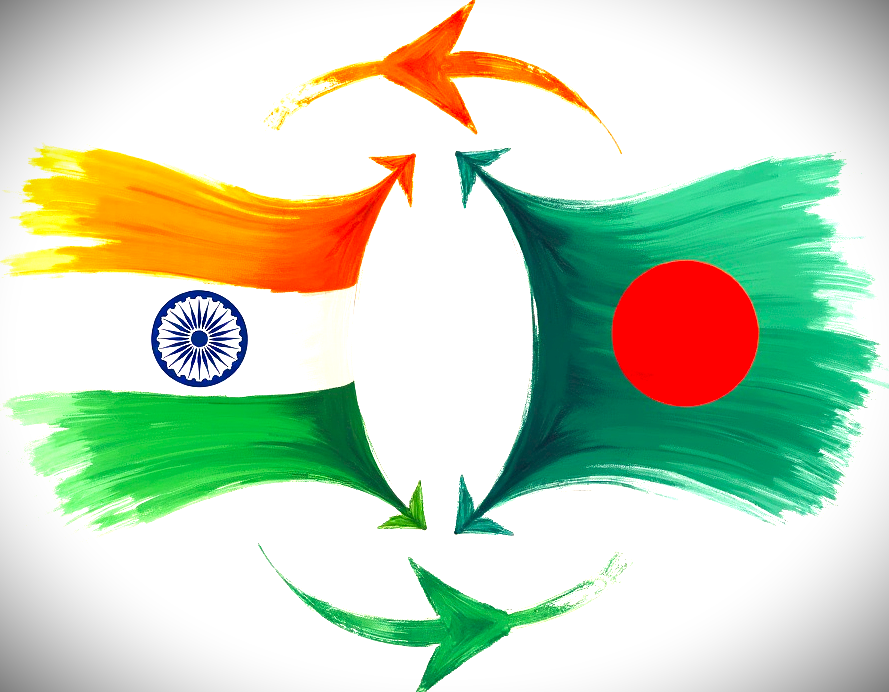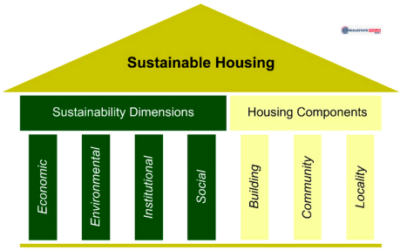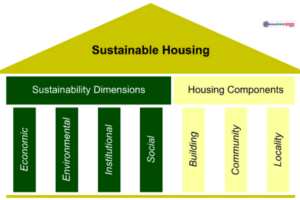

Borderlines and Bottom Lines: India Slashes Key Imports from Bangladesh Amid Diplomatic Chill
Ties on Ice: India Tightens Trade with Bangladesh as Political Tensions Simmer
In a surprising escalation of regional tensions, India has imposed significant restrictions on imports of ready-made garments and processed food from Bangladesh, a move that signals a growing diplomatic chill between the once-cooperative South Asian neighbors.
The curbs, quietly implemented over the past week, are expected to have swift repercussions on Bangladesh’s export-driven economy, where textiles and agro-products account for a major share of its trade with India. While official explanations cite “quality control measures” and “market stabilization,” insiders point to a more complex and politically charged backdrop.
A Friendship on the Fray
India and Bangladesh have historically shared deep cultural and economic ties, but recent months have seen a sharp turn. Trade talks have stalled, border skirmishes have reignited concerns, and New Delhi has grown increasingly wary of Dhaka’s perceived diplomatic pivot towards Beijing and Ankara.
“India’s decision is more than economic. It’s a signal,” said Dr. Rina Mehra, a South Asian policy analyst. “It reflects growing unease over Bangladesh’s foreign alignments and internal politics, especially in the post-election landscape.”
The cuts are especially impactful in the textile sector, where Bangladeshi garments, prized for their affordability and quality, have carved out a strong market in India’s booming middle class. Similarly, processed foods ranging from packaged snacks to frozen fish have found a growing niche in Indian retail shelves. The new curbs threaten to disrupt this cross-border flow, jeopardizing millions in bilateral trade.
Economic Ripples and Political Repercussions
For Dhaka, the timing couldn’t be worse. Bangladesh is already grappling with inflation, currency fluctuations, and mounting debt obligations tied to large infrastructure projects. The trade reduction could further destabilize its fragile economic recovery.
Meanwhile, Indian importers and retailers are scrambling to fill the gap. “We relied heavily on Bangladeshi suppliers for both price and volume. Alternatives exist, but they’re costlier,” said Ankit Shah, a garment distributor in Kolkata.
Analysts warn the move could have unintended consequences for India as well, particularly if retaliatory tariffs or countermeasures are introduced by Dhaka, which has traditionally relied on access to Indian ports and markets to supplement its growth.
The China Factor
At the heart of the rift lies a growing strategic concern: Bangladesh’s strengthening ties with China. Recent defense purchases, port development deals, and infrastructure loans from Beijing have raised eyebrows in New Delhi, which views the encroachment as part of a broader pattern of Chinese influence in South Asia.
“India’s regional doctrine is being tested,” said political commentator Anirban Sethi. “Bangladesh is no longer a junior partner, it’s carving its own path, and India is responding with economic pressure.”
What’s Next
Diplomatic backchannels are reportedly active, but public statements remain guarded. Bangladesh’s Ministry of Commerce expressed “disappointment” over the restrictions, calling for “constructive dialogue” to resolve trade friction.
As tensions simmer, experts say the real test lies in whether economic nationalism will override long-standing regional cooperation. The border may still be open, but the trust that once defined India-Bangladesh relations is now on shakier ground than ever.
With trade volumes falling and political narratives hardening, the question remains: is this a temporary trade tiff or the first step in a larger geopolitical decoupling?




































